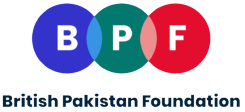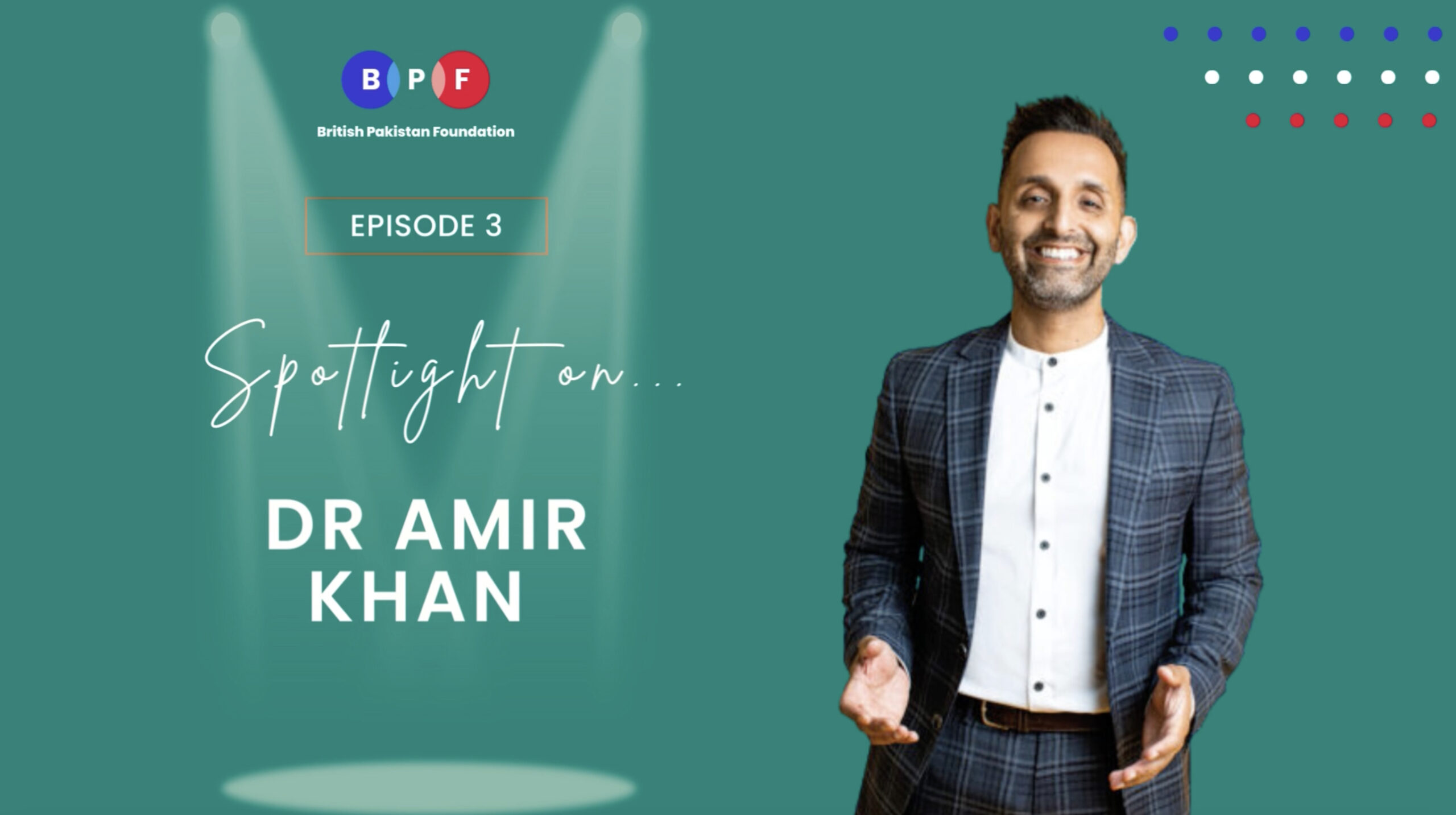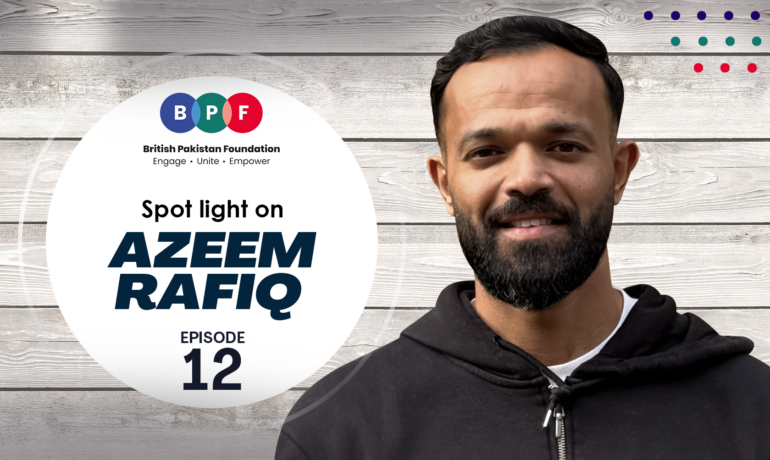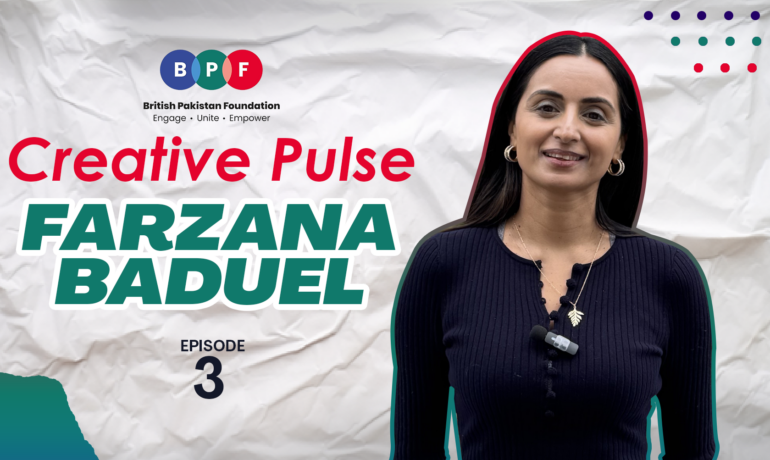Spotlight on Dr Amir Khan
As well as being a full time GP, Dr Amir Khan is also a best-selling author and can regularly be seen on TV as resident doctor on shows such as Lorraine, Good Morning Britain and You Are What You Eat. His latest venture is his new book and first novel How (Not) to Have an Arranged Marriage. We put the spotlight on Amir to find out more about his book, his own match making stories, his career journey and more…
What inspired you to write your book How (Not) To Have An Arranged Marriage?
I grew up with the culture of arranged marriages. I saw it with my family and friends, witnessing all these people meeting random strangers and see whether they can marry that person. Then there’s the awkwardness with the families coming together and then the wedding and the dramas that go alongside all of that! But what I really wanted to capture is this traditional cultural method of finding someone a husband or a wife. Then there’s that juxtaposition between British culture and then being thrust into this traditional Pakistani/South Asian tradition, which doesn’t always work for people, which we find out in the book.
What made you write a novel as opposed to the non-fiction books you have previously published?
My first book, The Doctor Will See You Now, was about general practice and the kind of stories that I saw there and the encounters I had. For the second book, I wanted to write about something that’s important to me. When I was younger, I was always fighting my culture, trying to hide away from it, not accepting it and pretending to be more British than Pakistani. As I’ve gotten older, I think this happens to lots of people, I really embraced my Pakistani culture. My dad is Indian, my mum is Pakistani and I started thinking, why have I resisted this? It’s such an amazing, beautiful culture. And I love the idea of Indian and Pakistani culture coming together, mixed with British culture. I knew that I was embedded in it. My friend was trying to find a wife through the arranged marriage process and he was going through, ups and downs of it, meeting loads of different girls. Some of his stories were hilarious, some of them were quite sad and I just thought there’s so much here, I’ve got to write something about this. I had to make it fiction, based loosely on real events I would say.
Can you tell us more about what happens in the book, such as the main characters and their journey?
The book follows three young British Asians, so there’s Yusuf, who has just finished medical school and all through university, he was told by his mum, focus on your studies, don’t talk to girls, they’ll only distract you. In the first week, he met the love of his life, a girl called Jessica from Somerset who has never met an Asian person in her life, but the two of them just wonderfully connect. He keeps his life at university separate to his life at home, because he lives away, so he was kind of hoping either the relationship would fizzle out over time or that when the time came, he would have the courage to tell his family about Jessica and neither of those happened. So he’s at a crossroads and he has to make a decision as to whether he wants to continue with that relationship and tell his family or break up with Jessica. All the while, his mum is going through various matchmakers to set him up with different girls and that’s really difficult for him.
Then we’ve got Rihanna, who is Yusuf’s younger sister and is a bit of a let down to her parents, because they wanted her to be a Pharmacist, but she chose to be a writer and chose English to study at university. Abit like me, she was fighting her culture and then learns to embrace it over time. She’s very sceptical about the arranged marriage process, and she’s got a deal with her mum that if she finds someone first herself, that’s fine, but if her mum finds someone for her, that’s also fine. So she’s kind of in a race against time with her mum. Then we’ve got Rohit, who is Yusuf’s best friend, who’s very unlucky in love and has had lots of unfortunate relationships with girls. Then his mum finds him someone in India and so he’s debating whether that’s right for him. But I think the star of this show are the parents and the aunties and uncles, particularly Feroza, who is Yusuf and Rihanna’s mum, who will stop at nothing to make sure her children get the best matches out there. She won’t have anyone else’s castoffs!
What personal experiences/thoughts during your dating/match making journey can you share that might be a story someone out there needs to hear?
I found my own match, but that was after my mum did try and set me up with lots of different people! It’s such an awkward experience when your mum says, we’re going to this person’s house to see this girl and the idea of going to a complete stranger’s house where it’s just you and your parents going to their house, you’re trying to be cool and be full of banter but also be really respectful! It’s such a strange, bizarre scenario that we find ourselves in. So I have had that experience and I wanted to write about that from the character’s point of view.
What are your actual thoughts on an arranged marriage set up?
I was really against the whole arranged marriage thing, but I would say keep it as an option, but also try and find your own person. But it is hard to find a match these days on your own. So a lot of it is done online and you’re relying on algorithms to try and find you someone. Anyone who’s online will know you have to sift through a lot of losers to find that one winner. So don’t rule out the idea of your parents introducing you to someone. As long as it is just an introduction and there’s no force behind it, I think it’s okay – keep it as an option. Mind you, having too many options can be confusing when it comes to this!
What advice can you give to British Pakistanis looking for love?
If you’re looking for love, it’s hard to find but don’t give up. I think there’s a lot of pressure when you hit a certain age to try and find someone and sometimes you end up making decisions based on pressure rather than what you want. I’m going to sound like an old Asian aunty now, but I’m going to say this. You’ll never find someone who has everything you’re looking for, everything you’ve dreamed of. You do need a connection with them, that spark to begin with. There does need to be an attraction, but compromise if you can work with someone and get to know their really positive attributes. As long as their positive attributes outshine and overshadow some of the stuff that doesn’t necessarily work with you, that’s okay. They’ll do the same with you. Your self worth is really important and making sure you find someone who recognizes that is key. Don’t be pushed into anything you don’t want to do and meet as many people as you need to meet. When you do find someone where you think this might work, focus on that person for a while before you try and widen your net. If that doesn’t work, then go onto another person, but don’t lead people on and don’t focus on too many people at any one time.
What words of wisdom can you give British Pakistanis who have had enough of interfering aunties and a judgmental community when it comes to choosing their life partner?
I have had the same experience, right up until a few years ago, every time I answered the phone at my mum’s house – I gave up answering the landline there. But every time I did, the first thing the aunties would ask was, when am I coming to your wedding? I don’t think they understand how much that hits you. You don’t want to go to weddings because you’re going to get asked the same questions there as well. There’s so much pressure. And I think what I started doing, which worked was telling them that them asking me that question made it really difficult for me to have a relationship with them. And that’s really blunt and it’s really hard to say, but you’ve got to say it, but then that one auntie will not ask you that question again.
What reassuring words can you give an aunty or uncle who frowns upon the idea of Muslim ‘dating’ apps for their child to find a life partner?
Those apps are like the wild wild west! What I would say is you’ve got to trust them on those apps. You can’t control everything and everyone out there, but you can instill enough self respect and self worth in your child, because that isn’t something we’re good at as Asian parents. If you have done that properly, then they will make the right decisions. You’ve got to sift through a lot of rubbish on those apps, before you find someone who’s even worth meeting, let alone anything else.
As someone who hails from Bradford, what do you love about Bradford and its thriving Pakistani community?
I love Bradford! I I grew up there, I work there. The best thing about Bradford is, the people, whether they’re Pakistani or not, they are what makes the city, because everybody says hello as you’re walking around, whether you know them or not. There’s amazing places to eat. We’re in a beautiful part of the country – the Dales and countryside are absolutely gorgeous.
As a second-generation British Pakistani, how would you define your identity?
It’s really important to me, that I balance both. I love Pakistani culture and everything about it – the language, the food, the clothing, all of the stuff I’ve not bothered with before, I’m totally embedded in now. I am authentically myself which is British Pakistani and that means that more people connect with me. The food is a big part of my Pakistani culture and family values and looking after each other is, really important. I’m definitely in a mesh of both.
As you mark 20 years of working as a doctor in the NHS, what do you love about your job?
I’m a GP and the thing I like most about it, is that connection you have with patients. So I’ve worked at the same practice in Bradford for 12 years and I feel like I know my patients really well. I know the community and I know what works in the community and what doesn’t. Even though it’s a highly pressurized job and there’s patients coming in every 10 minutes, what I always tell my students and my trainees is that, when It’s just you and the patient and they’ve told you their problem and they really feel heard, you’ve really helped them on the road to recovery. You can’t fix something then and there, but you start the recovery with the diagnosis and the management plan. I think that connection when they leave feeling like they’ve been listened to and heard is what makes the difference. That’s the best thing about the job. The problem is just the pressure on the NHS.
For a young person aspiring to become a doctor one day, what advice would you give them?
You’ve got to get the grades and work hard at school – that’s the foundation of it all. I interview for Leeds Medical School and people always think,I need some work experience in the hospital, but you don’t. What we want to know is how you can care for people – so get a caring job. Whether that’s in a nursing home or a residential home, do something that actually is very hands on, not just you sitting in the corner of a GP surgery, watching someone else do the work. It’s that compassion and empathy for people, combined with the science that medicine brings that is really important. That is what makes a good doctor. You do need the knowledge and you need to know how, but without the empathy and the communication skills, you’re not going to be a good doctor and patients are not going to like you if you’re this cold, robotic machine.
Did you have a mentor who helped you along your career and if yes, what positive impact did their support have?
When I took on GP training, I had a really good trainer who saw me through those three years of GP training, a chap called Tom Partridge and I’m still very good friends with him. I wasn’t sure I wanted to be a GP – the idea wasn’t that appealing to me and it’s seen as the least sexiest of all the medical professions. But he made me see general practice in a different way, with the breadth of knowledge and the skill that’s required to see a patient, who comes up with a different problem every 10 minutes. He made me see how, how skillful and how important that job is to the community. It’s about long term health conditions and preventative medicine. So the kudos often goes to the heart surgeons and the orthopedic surgeons because they’re fixing bones and hearts. But actually, if you can stop hearts and bones being broken in the first place, which is what we’re supposed to be doing if we have the time and the space to do it, that’s far more important. Getting communities healthier. getting cancer screening done, getting vaccinations done, all of that preventative stuff, making sure people’s cholesterol is sorted, that their blood sugars are well controlled, so they don’t have heart attacks and strokes. That’s really key, and he made me see all of that and it stopped me thinking of general practice as lesser than medical specialities.
What do you wish you knew growing up, that you had to learn the hard way as a grown up?
You don’t have to pretend to be someone else to be liked by others. I had imposter syndrome, right from a young age when I got a scholarship to go to a really good school. It was based on some entrance exams because we didn’t have the money to go to posh schools and I think being in that environment of very rich, very educated people when you’re from a different, kind of working class background, made me for a while, pretend to be something I wasn’t, just to be liked. I look back on that time now and just think, what was I thinking? I mean, I was a kid, but what was I thinking? It’s okay not to be liked by certain people. You can’t be liked by everyone. And the most important person who you should concentrate on liking you is you and everything else will fall into place.
Buy How Not to Have an Arranged Marriage here.
Interview by Fariha Sabir-Bajwa
Spotlight On Azeem Rafiq
This episode of Outstanding British Pakistanis’ features the inspiring
Creative Pulse: In Conversation with Farzana Baduel
This episode of Creative Pulse features Farzana Baduel, founder




